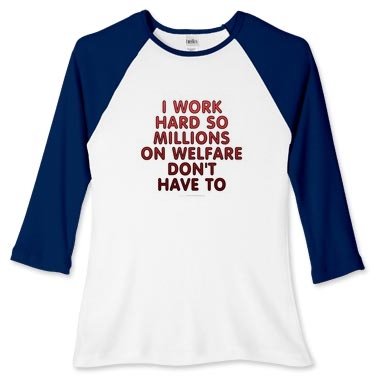**So as a bunch of us crammed into Ethan's car to head to Burnside, I had no idea what to expect. I honestly wasn't 100% sure what exactly Occupy was even about. The first thing I saw were all the tents and signs (I took some pictures but I don't have my camera at the moment so I'll post those later). All I heard about this was that people were camping here in tents for weeks at a time. When our little group got there, Merylda (spelling? Sorry!!) lead the discussion with one of the campers. He seemed very enthusiastic and passionate about being there. He said they were there to stand up for social injustice. Some of the people that were camping there had actually occupied in Boston and in Charlotte, which I thought was pretty interesting. For these people to travel from Charlotte, to Boston, to Providence, shows true dedication to what they are representing. One of the guys that we spoke with actually said that he considers them as always being there; just fighting from different areas.
**The guy we spoke to the most told us that they're there representing the unfair distribution of money through government to banks who mismanage their money. I was surprised that was one of their biggest focuses, probably because I was expecting something more like the rights of women or homosexuals to be their big focus. Within the passed few years we've all heard of all the major foreclosures and government bailouts. It never occurred to me until this man told us, that banks are mismanaging their money. I'm not sure if I completely agree with that, I would definitely have to look into the topic more, but it was something that definitely got me thinking.
**While we were there it was sooooo hard not to focus on how ridiculously cold we were!! How are these people living here and not getting sick or freezing to death?! The man we spoke with said you'd get use to it haha. He also said that they began with many more occupants back in October when they started. He said some people come and go, due to weather, jobs, family, or other priorities. He then stressed the point that no matter where they are, they are all fighting for justice.
**I either read this on someones blog, or someone said it in class, I cant remember but: The only people I saw there were white males, with the exception of one white woman. This is interesting because in this class we have talked about how dominant groups need to start realizing their are problems that they can begin to fix. So in a way it was kind of cool to see these dominant folks sticking up for everyone's rights. This reminds me of a quote from Johnson where he said "we are prisoners to something, but it's closer to our own making then we realize. And we, therefore, are far from helpless to change it and ourselves". Also, the post we had to do from people like us ties into this because that site highlights the economic injustice. That is exactly what these people are fighting and camping for. It's nice to see activists standing up for what they believe in. I'm interested in seeing what kinds of things they'll have in the spring when it's warmer outside. He said they have a lot of things planned and hope more people join the fight!
**I found this on their site which is kind of cool. It's the even calendar so everyone can access it and see what is next!
"*The Occupy Providence General Assembly is a non-violent movement. Violent or destructive behavior or tactics are not welcome
*Discrimination based on race, sex, gender, orientation, ability, religion, legal status or age is not welcome. This includes sexist, homophobic, trans-phobic, and racist speech, chanting, writing, and action.
*We are (by majority vote) a drug and alcohol free assembly and occupation. Cigarette smokers are asked to please smoke a respectful distance from non-smokers.
*Occupy Providence and facilitators strive towards making this space safe for all to participate, please approach one of the facilitators after GA if you feel this is not being done."
















